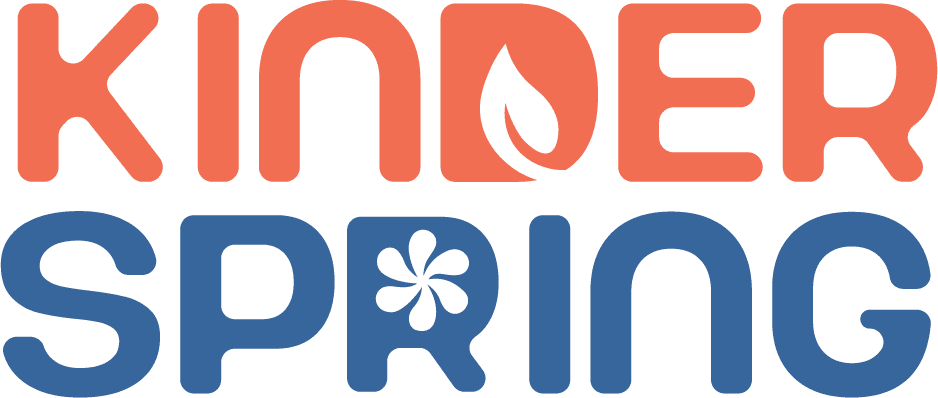Your baby is growing slowly and steadily. Most parents watch for first words and whether the baby is showing physical signs of development, like crawling or walking. However, many signs go unnoticed. Let us have a look at the 9-month-old hidden developmental milestones that you might not have heard much about, but you need to know.
What are some hidden milestones to look for in a 9-month-old baby?
Some milestones to look for in a 9-month-old baby are as follows:
Social/emotional milestones:
Starts fearing strangers: Fear of unknown people is common even if the babies were sociable before. It is a sign of “healthy development”. The baby is trying to identify whom to trust. Avoid forcing interactions with other people and let the baby feel comfortable at their own pace.
Imitation: The baby would try to imitate the sounds and gestures of people around them. This is a sign of the baby’s developing cognitive abilities.
Tries to have a conversation with you: Since babies have not perfected words yet (except for monosyllabic words like “mama” or dada”), they would try to converse with you by babbling. They would also hold eye contact while babbling with you. This would be their way of trying to have a conversation with you.
Physical milestones:
Improved pincer grasp: There is improved hand-eye coordination observed. Baby would make use of their thumb and forefinger to grasp objects, known as the pincer grasp.
Sits without support: Babies might no longer require assistance to sit. They can sit by themselves.
Cognitive milestones:
Better memory: Your baby might know where the toys have been hidden and try to fetch them out as well. Routines and predictable games can help in sharpening their short-term memory.
Understands simple words: Babies would understand simple words like “hello” or “bye”. This is why you might see your baby crying, especially when you say “bye”, since the baby understands that you are leaving and they do not want you to leave.
Learning during playtime: Babies would learn a wide variety of things during playtime. They would bang two objects together, learn to drop one object inside another, or explore the texture of objects. Hence, play time is not just fun time but learning time too.
What can you do as a parent/caregiver?
Let us look at some tips to promote child development as a parent/caregiver:
Slowly start teaching simple words to the baby. You can point to objects and name them. For instance, simple words like book, ball, etc.
Place toys out of their reach and encourage them to fetch them. Clap hands or praise them when they do so.
Teach simple greetings like “Hi” or “Bye” and gestures associated with them.
Conclusion:
Not all babies hit milestones at the same time; some might skip crawling, some might quit babbling, and that is okay. Milestones should be considered as guidance and not checklists. If you ever feel unsure, make sure to consult a pediatrician regarding the same.

